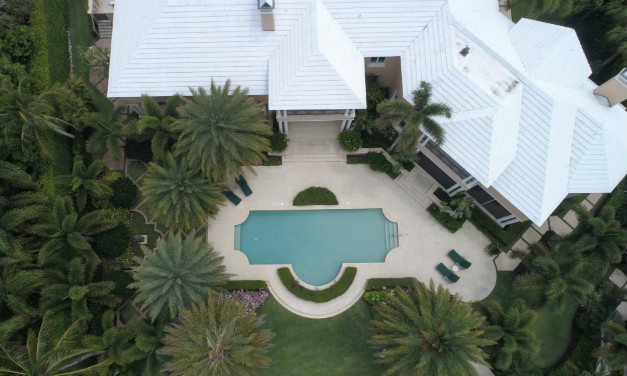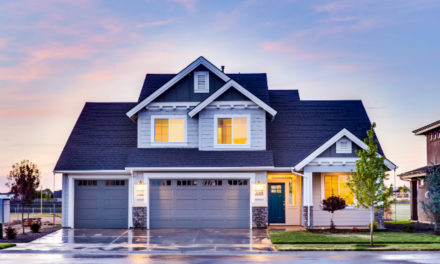Whether you’ve been around the block many times before or it’s your first time upgrading to a nicer home, there’s a fine art to balancing affordability and hard-earned luxury. If you’re a financially secure homebuyer, your agent might tempt you to stretch that budget and consider spacious homes with a prestige factor.
And while these types of nice homes will undoubtedly catch your eye, you should be wary of signing on the dotted line. Bigger isn’t always better when it comes to your next property — and here’s why.
1. Your Home’s Value Won’t Always Increase
Once upon a time, property seemed like the safest investment, since prices only ever went up. But with time, we’ve seen that isn’t always the case. Instead, the real-estate bubble can and will pop — in 2007 and ’08, for example, the value of homes dropped a whopping 30 percent nationwide.
So, if you’re looking at spending at the tip-top of your budget, keep this possibility in mind. You might not end up making a profit on the property — and you could even end up taking a loss. You will be fine if you bought a home that fits comfortably into your budget. On the other hand, an expensive house could cause you financial strain in the future.
2. You Can Use Space More Efficiently
A smaller home forces you to reckon with your collection of stuff — it’s one of the best reasons to downsize your property. By cutting down on the amount of clutter, you’ll feel happier and less stressed. Plus, you’ll find it simpler to fit into a reasonably sized property without the additional rent fees of an external storage locker. Now that’s a win-win-win.
3. You Can Put Money Toward Something Else
Even if you can afford the mortgage on a bigger home, do you really want to funnel all of your earnings into paying the bills? The answer to that question is probably “no.” But buying a luxury home will likely mean you have to sacrifice in other areas of your life, so think long and hard about how willing you are to do that.
To that end, if you downsize from a larger house, you could come into a lot of money once the sale of the original and the purchase of the second go through. This fact is why so many soon-to-be retirees ditch their extra-large digs for a smaller property. They can use the leftover cash to fund their lives post-work. You can do the same with your reasonably sized home, funneling money into 401k and savings to make your retirement cushier too.
4. Your Bills Will Take Money From Other Projects
The bigger space has a bigger price tag, but so do all of its maintenance costs. Plus, your insurance rate will be more than that for a smaller house. Think about your property taxes too — the bigger and more desirable your stretch of land, the more money you’ll be handing over to the government each year.
If you’re spending your money footing major bills, then you have less to spend on the luxury finishes that matter most to you. Renovating a kitchen or bathroom can cost thousands, for example. Beautiful outdoor living spaces add a lot of value to any home, but it costs an average of $54,130 to build a patio. Although you may be able to find a luxury home that checks off all your boxes, the reality is that most homeowners eventually want to renovate.
5. Your Mortgage Could Be Temporary
Think about it: Moving from house to house means you’re extending 30-year mortgages time and time again. And if you’re opting for an expensive piece of property, your monthly payment won’t be a negligible amount — you’ll have to pay a high sum for the next three decades.
On the other hand, opting for a more reasonably sized property means you’ll have less to pay over time. Not only will it be simpler from month to month, but you could actually pay down your mortgage in less time. Imagine life without having to cover your mortgage in a few years’ time — that’s a lot of money going into your pocket instead of into your house.
Go Small and Go Home
There’s no denying the draw of a spacious home, but sometimes the expense is neither wise nor realistic. Instead, you should make a point to stand your ground and choose something that suits your style and your size needs. In the end, you’ll be so much happier with a place that doesn’t break the budget — and you’ll be secure in your decision to live there for years to come.
Holly Welles
The Estate Update
Twitter: @HollyAWelles




